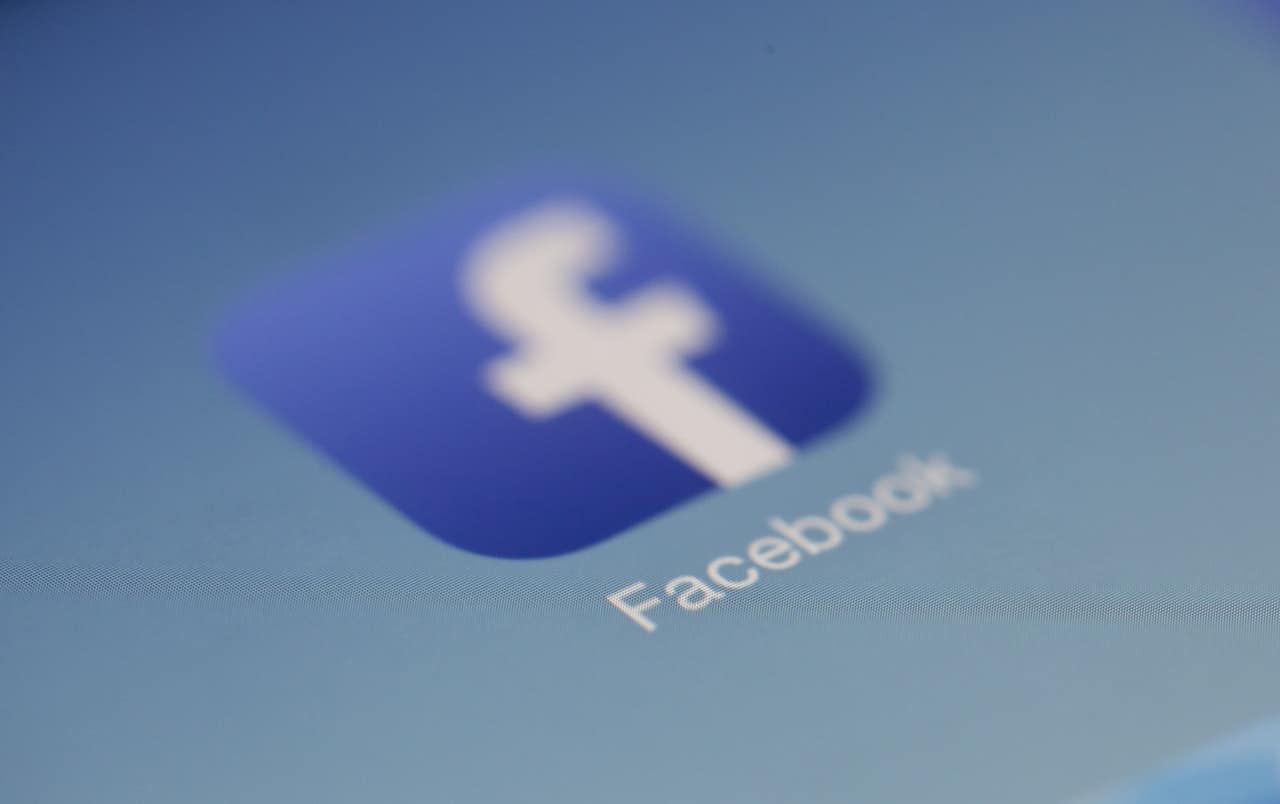
In the aftermath of the network’s recent announcement about reducing news sources in News Feed, Facebook is distributing a two-question survey about publishers’ trustworthiness to a new set of users every day.
The survey, according to The Washington Post, will be used by the network to determine whether publishers using Facebook are trustworthy. However, it appears that the survey is perceived skeptically by some critics who believe it can be easily manipulated or it can produce inaccurate results.
Facebook’s Adam Mosseri has been addressing concerns in exchanges on Twitter. To one concerned user, Mosseri tweeted, “It’s worth noting this isn’t a rating system, nobody can opt into rating a publisher as trustworthy. We randomly sample new people each day, and only their responses are used. I’m sure some bad actors will try and game the system, but it’s not as easy as you suggest.”
To another user, Mosseri tweeted, “There is always the risk that people will try and game any system. In this case we (1) randomly sample people, (2) actively work to de-bias the data so it’s representative of the population and (3) re-run the surveys every day.”
The survey presents two questions with responses to choose from, according to BuzzFeed News:
Do you recognize the following websites?
Yes
No
How much do you trust each of these domains?
Entirely
A lot
Somewhat
Barely
Not at all
And that’s all there is to it. At this point, it’s unclear how Facebook will present the survey to users.
Facebook’s Pursuit of Trust
Other criticisms of the survey include comments that it’s too simple. Mosseri addresses this concern in another tweet.
“I understand that some people may balk at how simple a survey is, but complicated surveys can be confusing and bias signal [sic], and meaningful patterns can emerge from broad surveys.”
In addition, there is concern that survey responses will undermine well-renowned and highly-trusted news sources. Also, there is skepticism about the reasoning for the first survey question, which simply asks if the user recognizes the website.
Mosseri explains in a tweet, “It’s actually not a simple ratio of trust to familiarity. We ask people if they’re familiar with a publisher because, if they’re not, it’s not even worth asking if they trust the publisher. What we look at, and value, is how broadly trusted a publisher is.”
With over two-thirds of the US users turning to social media for at least some of their daily news, it has become overwhelming for outlets like Google or Facebook to manage the distribution of true versus false news.
In a The Washington Post article, Dean Eckles, a professor at MIT’s Sloan School of Management and former data scientist at Facebook, believes limiting the survey to only select groups of users is a safer bet for generating authentic responses.
“Survey samples are hard to game in a lot of ways because you’d need a lot of dedicated people in order to game a survey,” Eckles said in the article.
Facebook CEO Mark Zuckerberg explains how the survey works in a Facebook post:
“Here’s how this will work. As part of our ongoing quality surveys, we will now ask people whether they’re familiar with a news source and, if so, whether they trust that source. The idea is that some news organizations are only trusted by their readers or watchers, and others are broadly trusted across society even by those who don’t follow them directly. (We eliminate from the sample those who aren’t familiar with a source, so the output is a ratio of those who trust the source to those who are familiar with it.)
This update will not change the amount of news you see on Facebook. It will only shift the balance of news you see towards sources that are determined to be trusted by the community.”
Although criticisms of the survey aren’t likely to go away, Facebook is determined to pursue its goal of becoming a trustworthy platform. The network has been the focus of negativity as of late when it was discovered last year that Russian “troll farms” manipulated the platform before, during, and after the 2016 US presidential election.
Publishers may have a bumpy road ahead of them, but one thing is certain: putting out engaging news that is also truthful and accurate is more important now than ever.